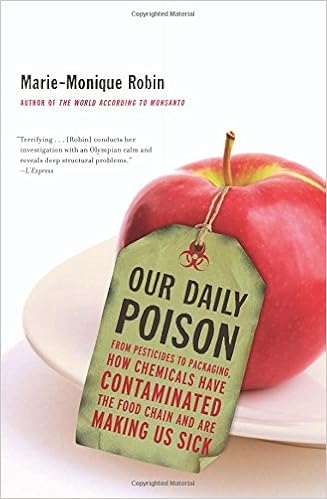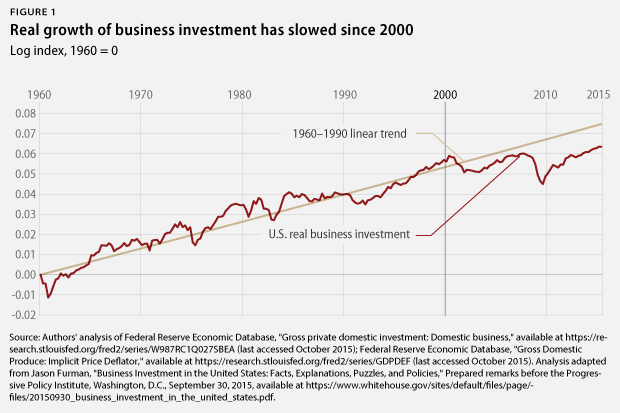JIM HIGHTOWER PUTS IT WELL:
“HOW MUCH FREE SPEECH CAN YOU BUY ?”
The irony and injustice of it all is so obvious—it is in your face—yet the situation is largely being ignored. The reality is comparatively easy to check out—yet most Americans have been conditioned to prefer the myth.
It is a true American tragedy—and it is ongoing.

In today's so-called "democratic" election process, Big Money doesn't talk, it roars — usually drowning out the people's voice.
Bizarrely, the Supreme Court decreed in its 2010Citizens United ruling that money is a form of "free speech." Thus, declared the learned justices, people and corporations are henceforth allowed to spend unlimited sums of their money to "speak" in election campaigns. But wait — if political speech is measured by money then by definition speech is not free. It can be bought, thereby giving the most speech to the few with the most money. That's plutocracy, not democracy.
Sure enough, in the first six months of this presidential election cycle, more than half of the record-setting $300 million given to the various candidates came from only 358 mega-rich families and the corporations they control. The top 158 of them totaled $176 million in political spending, meaning that, on average, each one of them bought more than a million dollars' worth of "free" speech.
Nearly all of their money is backing Republican presidential hopefuls who promise: (1) to cut taxes on the rich; (2) cut regulations that protect us from corporate pollution and other abuses of the common good; and (3) to cut Social Security, food stamps and other safety-net programs that we un-rich people need.
The great majority of Americans adamantly oppose all of those cuts — but none of us has a million bucks to buy an equivalent amount of political "free" speech.
It's not just cuts to taxes, regulations and some good public programs that are endangered by the Court's ridiculous ruling, but democracy itself.
That's why a new poll by Bloomberg Politics found that 78 percent of the American people — including 80 percent of Republicans — want to overturn Citizens United. But those 358 families, corporations and Big Money politicos will have none of it. In fact, America's inane, Big Money politics have become so prevalent in this election cycle that — believe it or not — candidates have found a need for yet another campaign consultant.
Already, candidates are walled off from people, reality and any honesty about themselves by a battalion of highly specialized consultants controlling everything from stances to hairstyle.
But now comes a whole new category of staff to add to the menagerie: "donor maintenance manager."
The Supreme Court's malevolent Citizens United decision has produced an insidious platinum class of mega-donors and corporate super PACs, each pumping $500,000, $5 million, $50 million — or even more — into campaigns.
These elites are not silent donors, but boisterous, very special interests who are playing in the new, Court-created political money game for their own gain. Having paid to play, they feel entitled to tell candidates what to say and do, what to support and oppose. A Jeb Bush insider confirms that mega-donors have this attitude: "Donors consider a contribution like, 'Well, wait, I just invested in you. Now I need to have my say; you need to answer to me.'"
Thus, campaigns are assigning donor maintenance managers to be personal concierges to meet every need and whim of these special ones.
This subservience institutionalizes the plutocratic corruption of our democratic elections, allowing a handful of super-rich interests to buy positions of overbearing influence directly inside campaigns.
Donors at the million-dollar-and-up level are expecting much more than a tote bag for their "generous gifts" of "free speech." Of course, candidates piously proclaim, "I'm not for sale." But politicians are just the delivery service. The actual products being bought through the Supreme Court's Money-O-Rama political bazaar are our government's policies, tax breaks and other goodies — as well as the integrity of America's democratic process.
To help fight the injustice of the Supreme Court's Citizen United ruling and get Big Money out of our political system, go to www.FreeSpeechForPeople.org.






















